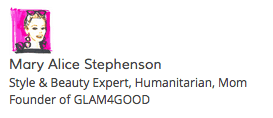
At the age of just 34, Stephanie Seban is fighting stage 4 metastatic cancer.
A few months prior to her cancer diagnosis, Stephanie noticed an unusual lump forming in her right breast. She didn’t really think much of it and thought her breasts were going through normal menstrual cycle changes. It wasn’t until months later, while laying in bed, that she felt the lump again and realized that it was physically protruding from her breast. Alarmed, Stephanie made an appointment for a mammogram.
At the time, she was just 31 and had never thought of getting a mammogram until after 40. Even after her mammogram, an ultra sound, and a biopsy, she was still convinced that cancer was not a possibility; she thought at most it was a cyst.
Although 24 hours later, Stephanie got the call that would change her life forever.
There was no explanation of where her cancer came from. No one else in Stephanie’s family had ever been diagnosed breast cancer, and she was not a carrier of the breast cancer gene. Stephanie was totally blindsided.
I was completely beside myself and totally shattered. I never thought this could happen to me. I was at the height of my career and everything was starting to fall into place and then this shocking, horrific news totally brought me to my knees and left me in total despair.
As you can imagine, Stephanie had very hard time accepting her diagnosis.
I endured a very dark period and shut everyone out for some time. I had a lot of life and death decisions to make and although everyone meant well and wanted to offer their advice and opinions, it became way too overwhelming to me. Each diagnosis is so personal and I truly believe people need to make their own choices and do what they believe is best for them. There is no definitive answer or cure so having to make decisions in regards to treatment is terrifying.
I had the great honor of meeting Stephanie Seban after she was nominated for a GLAM4GOOD day of pampering by Luana DeAngelis, founder of the the non-profit You Can Thrive. DeAngelis told me she nominated Stephanie because even in the midst of despair Stephanie has never lost her compassion for others. DeAngelis says Stephanie is a reflection of how strong flexible women can be.
Stephanie has a very important story to tell and I knew that from the moment I met her. She is miraculous. She deserves all the help, support, and love she can get to continue to amplify and shine her light forward; to stay strong and show the world that you can live well and gracefully no matter what life hands you.
DeAngelis says she wanted GLAM4GOOD to honor to someone living with stage 4 cancer because even though society puts a pretty pink ribbon on breast cancer, the world needs to know it’s still a devastating disease.
Initially, Stephanie had been diagnosed with stage 2 breast cancer. But after a lumpectomy and two additional surgeries it was determined that the cancer had spread to her lymph nodes and bones, turning it to a stage 4 diagnosis. DeAngelis started working with Stephanie shortly after she found out she had metastasis in 2012.
Meeting Luana at You Can Thrive was nothing short of a blessing. Luana has welcomed me into her organization with open arms and introduced me to and provided countless holistic therapies that have helped with the side effects of the drugs and chemotherapy I have been on. Some people find comfort in support groups and they can be so beneficial. However, in my own situation, the last thing I wanted to do was meet up and talk more about cancer. I want to escape cancer forever. So the approach at You Can Thrive is more hands on and beneficial for me.
Today, after much growth and tremendous faith, Stephanie says she really strives to live each moment filled with gratitude. “I take nothing for granted as I know now that everyday is truly a blessing and another opportunity to be thankful. I try to do normal things as much as possible in order to put cancer in the back of my mind. I have some really bad days though, especially after treatment, so I allow myself the down time necessary to heal.”
I asked Stephanie how she lives with a stage 4 diagnosis and she described things that have gotten her through her darkest hours:
I think people need to take the time they need, be selfish in a sense, and take time to reflect and digest all of the emotions that come along with a breast cancer diagnosis, or any cancer diagnosis, for that matter. People tend to come at you from every direction with advice or a solution and they all mean well but all of the voices can be more stressful than the diagnosis itself, at least that was the case for me. Also, people tend to fall apart when hearing about your diagnosis and you find yourself trying to lift them up when your energy and concern needs to be on yourself during such a crucial time. So my advice is to find a quiet and sacred space with a few people who you trust to be your support team, people who will uplift you and be completely supportive. Shut off the outside noise until you are in a better mental state.
On our GLAM4GOOD day, I pampered Stephanie with a day of beauty thanks to Suave Professionals, hairstylist Marc Mena, and makeup artist Nicole Bryl. Next came an incredible shopping spree courtesy of Ann Taylor, and it was there as we were shopping and trying on clothes, that I noticed how positive Stephanie’s demeanor is and the way her positive attitude made everyone on my team feel empowered.
I asked Stephanie how she has been able to turn a challenging situation into something she navigates with a bright inner light.
I can’t express enough how important it is to keep a positive mind set. Your body responds to the way you think, feel and act. As difficult as it is to be positive in such trying times, you need to make a concentrated effort to keep your mind healthy. Poor emotional health can weaken the immune system which is the last thing one needs while already having cancer. Personally, I have incorporated relaxation methods into my life such as yoga, meditation, and working out which help to bring my emotions into balance.
Stephanie also told me she watches funny movies, spends time around people who are uplifting, and tries to be an optimist as much as possible.
I always say cancer has been my greatest teacher. I don’t take things so seriously and I’ve really learned how to slow down and enjoy life. Cancer has brought me closer to my family and most importantly it has increased my faith significantly. In a time like this, money can’t necessarily save me, nor can parents or loved ones. All I really have is my faith.
Stephanie wants all women, regardless of age, to be aware of any unusual lumps in their breasts.
I encourage young women to be proactive and act if they presume something to be irregular and get it checked. Early detection can be curable but as young women we have been conditioned to think that this disease affects people in the later years of their life and this is so far from the truth. There are so many of us who were diagnosed at an early age, many much younger than myself. I feel like we aren’t really recognized and there definitely needs to be more awareness and attention so that young women who are newly diagnosed know that they are not an anomaly.
Stephanie wants people to know that this disease does not discriminate and no matter what age you may be, if something doesn’t feel right, be proactive and get checked out even if you are told it’s not necessary before the age of 40.
Had I adhered to that standard, I truly believe I wouldn’t be here today to share my story.
Stephanie believes there is a larger underlying meaning that brings a purpose to why she has this disease and why she is still fighting.
I want to be a voice that is heard, I want to help others who follow behind me and provide a light to some in the midst of the darkness,” she says. Stephanie’s message to young women who may have been diagnosed is to find your faith and never let fear prevail over love. There is a light at the end of the tunnel and as hard as the fight may be, we keep going, and going. We are not alone and anything is possible no matter what prognosis we are given. I was given a 15% chance to go into remission years ago and even though my journey continues, I believe with all of my conviction that I will one day be in that 15%. My faith is bigger than my fear.
Stephanie urges all women to “try to see the joy in each day no matter what your circumstances may be, cancer or no cancer, we do not know what tomorrow holds. Each day is a precious gift from God.”
I believe one of the important messages found in Stephanie’s words and the important work of You Can Thrive is that those living with cancer are not alone. There is love, help, comfort and companionship available. The more we share women’s personal experiences with breast cancer the more we learn about this devastating disease and the greater the chances of early detection and survival.
I dedicate this post to one of my closest friends, Ann Caruso, who is courageously battling breast cancer, and to my Grandmother who died at a very early age due to the disease.
You Can Thrive Gives Glam4Good 10 Self Care Tips For Breast Cancer Risk Reduction
1. Eat organically and/or locally produced foods.
This is important with both animal and plant food sources. It has been shown that populations that eat locally have lower risks of cancer and other diseases. Eating locally not only puts less petroleum into your food and local foods have more enzymes as they do not need to be pulled from the vine as early. Also, conventionally grown foods are laden with petroleum-based pesticides, which act as estrogen mimickers. These chemical estrogens may sit in receptor sites. Meat can also contain antibiotics and pesticides from the food it consumes, look for more sustainable and less toxic sources. In organically processed cattle are fed bio engineered corn rather than grass. This creates e. coli and other resistant bacteria which is harmful for humans and the environment.
2. Eat healthy fats.
Your body needs fat and oils to stay healthy. The cells in your body have membranes that are made from fat. Omega 3 fats found primarily in flaxseed oil, fish oil and walnuts, possess anti-tumor qualities, can help prevent unhealthy cell division and are anti viral. Some healthy oils are organic and unrefined olive oil. A good choice is flaxseed oil for salad dressing. Eating fish like salmon, snapper, sardines that are cold water and high in good fats rather then things that are bottom feeders like Tilapia, Flounder and Catfish is a better choice. Explore high quality fish oil supplementation.
3. Eat 30 grams of fiber per day.
A diet that is high in fiber lowers your risk of cancers by 30%. Regular elimination removes toxins from your body minimizing the absorption of them through the large intestine. Constipation increases cancer risk. High fiber foods include whole grains (quinoa, millet, barley, buckwheat, brown rice, etc.) beans – especially kidney beans, nuts, seeds, and raw fruits and vegetables.
4. Center your diet around plant based foods.
Think of meat as a side dish. Consume plenty of body protective foods like ground flax seeds, split peas, legumes, soy, foods rich in beta carotene (carrots, parsley, sweet potatoes, pumpkin, cantaloupe, asparagus, kale, mango, peaches, apricots, and sea vegetables), foods from the brassica family (broccoli, cauliflower, brussel sprouts, bok choy, watercress, collards) beans, almonds, pumpkin seeds, and drink green tea. Make sure to choose organic.
5. Avoid sugar.
Cancer uptakes sugar at 10 times the rate of a normal cell (this is why they use glucose (sugar) in cancer scans to see the ‘hot’ spots) cancer cells react and speed up in the presence of sugar. Some believe cancer feeds on sugar. Sugar acidifies the body and creates excess belly fat, which stores estrogen and creates imbalance in the system. By avoiding sugar, especially sugared soda and chemical sweeteners like Nutrasweet you could help the body quite a bit.
6. Move your body.
Studies show that exercising 3 hours a week can cut risk of recurrence by up to 50%! Exercise oxygenates cells. Use a gentle steady type that focuses on fluid movements and deep breathing thereby decreasing stress and inflammation in the body. See: http://youcanthrive.org Two additional types to try are Yoga, Qigong and Tai Chi.
7. Avoid drinking out of plastic water bottles.
Using plastic wrap on your food, putting hot beverages or foods in plastic, and microwaving foods in plastic containers. Chemicals can leach from plastic, especially when the containers are heated, cleaned with harsh detergents or exposed to acidic foods or drinks. Plastic contains xenoestrogens also called environmental estrogens. These synthetic estrogens bind to breast cells, sit in receptor sites and cannot be made into protective estrogen by the body. They also accumulate in our bodies and are stored in our fat cells because they are difficult to breakdown and eliminate.
8. Green your cleaning products and pay attention to what you put on your body.
Look at the chemicals you are exposed to in your home. Laundry detergent, dish soap, anti bacterial soaps with the ingredients triclosan or triclocarban, air fresheners and candles are all places dangerous ingredients can lurk. Natural food stores are great places to find better options. You can clean almost anything in your house with vinegar and baking soda. Anything put on skin it will absorb it! The average woman uses 12 different personal care products everyday, exposing herself to approximately 168 different synthetic chemicals. Look for natural or organic body care. Read labels on products: hairspray, shampoo, conditioner, lotions, moisturizer, toner, shaving cream, all cosmetics, nail polish, and especially antiperspirants. Antiperspirants are strong chemicals, usually containing aluminum, which prevents sweating and were found in breast tumors. Sweating is the way your body eliminates toxins and unwanted materials with the help of the lymphatic system. So let your body do the job it was meant to and use a natural deodorant.
9. Get your Vitamin D3 levels checked.
Ask your doctor for the 25-hydroxyvitamin D blood test to determine if your vitamin D levels are sufficient. There have been links between vitamin D and breast cancer. Some experts say the level should be at least 40 others say higher. Check with your doctor. If you are considering supplementing Vitamin D consider using 1mg of Vitamin K in conjunction to properly absorb the D vitamin. Again check with your doctor as vitamin K is contraindicative with blood thinners and some high blood pressure medicines.
10. Natural rhythms dark and light.
Your body releases melatonin while you sleep in laboratory tests this substance slows breast cancer growth by up to 70%. Melatonin is triggered by our circadian rhythms (internal time clock) and darkness. Sleeping in total darkness during appropriate hours is essential. Consider wearing black out eyeshades to bed. It is also important to go to sleep by 10:30PM this is when your body produces the most melatonin. During the day, catch some rays! Sunlight is a great way to get vitamin D.

 DONATE
DONATE
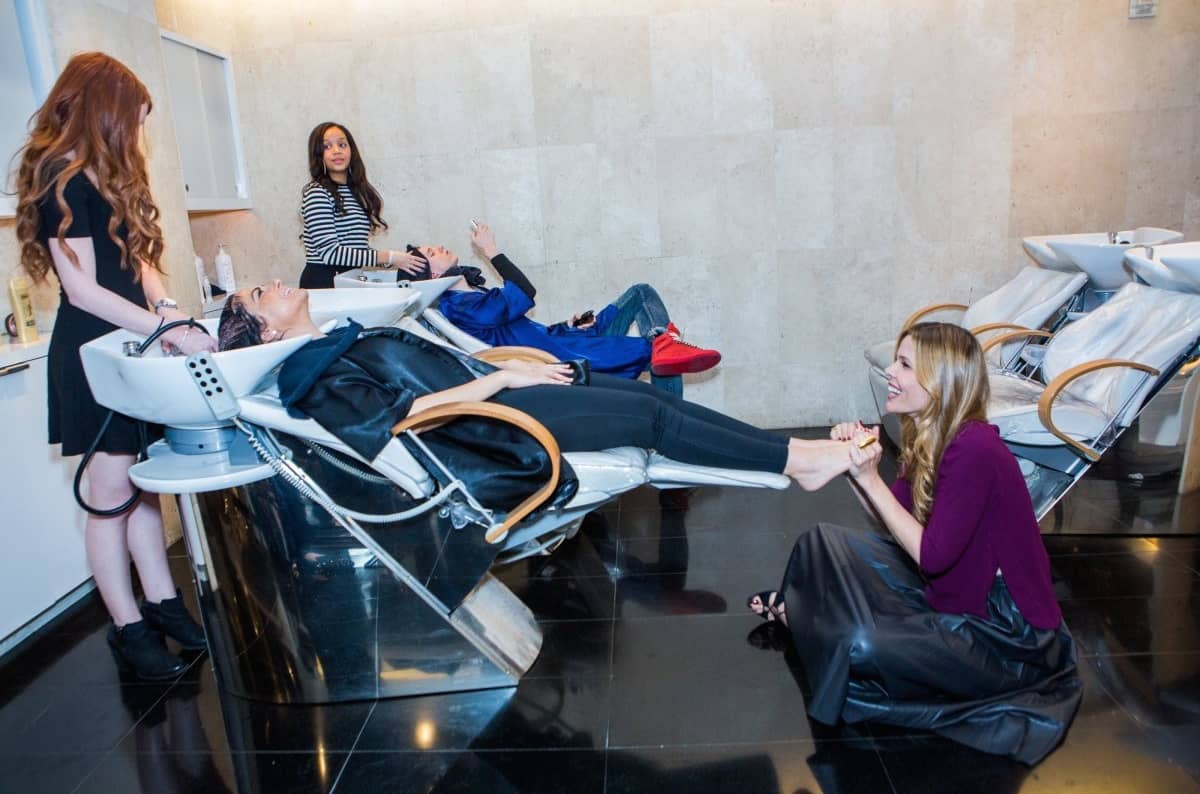
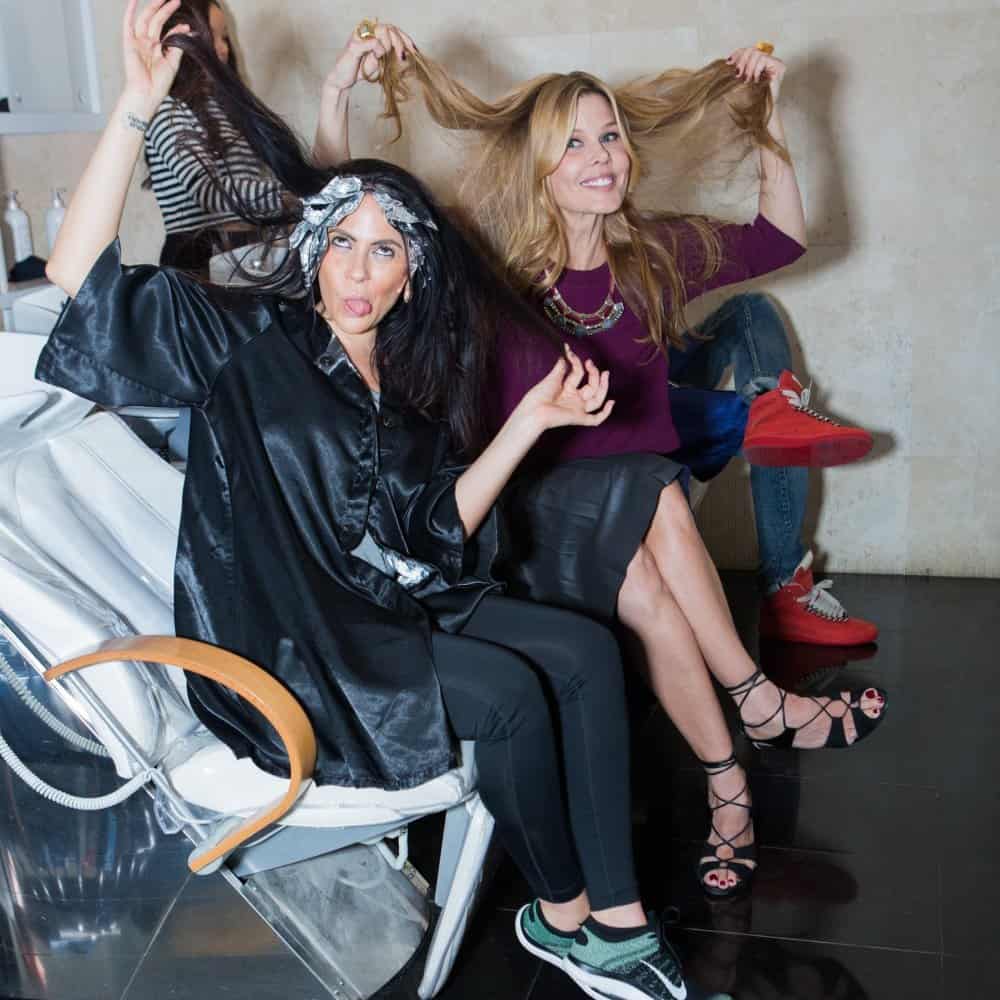
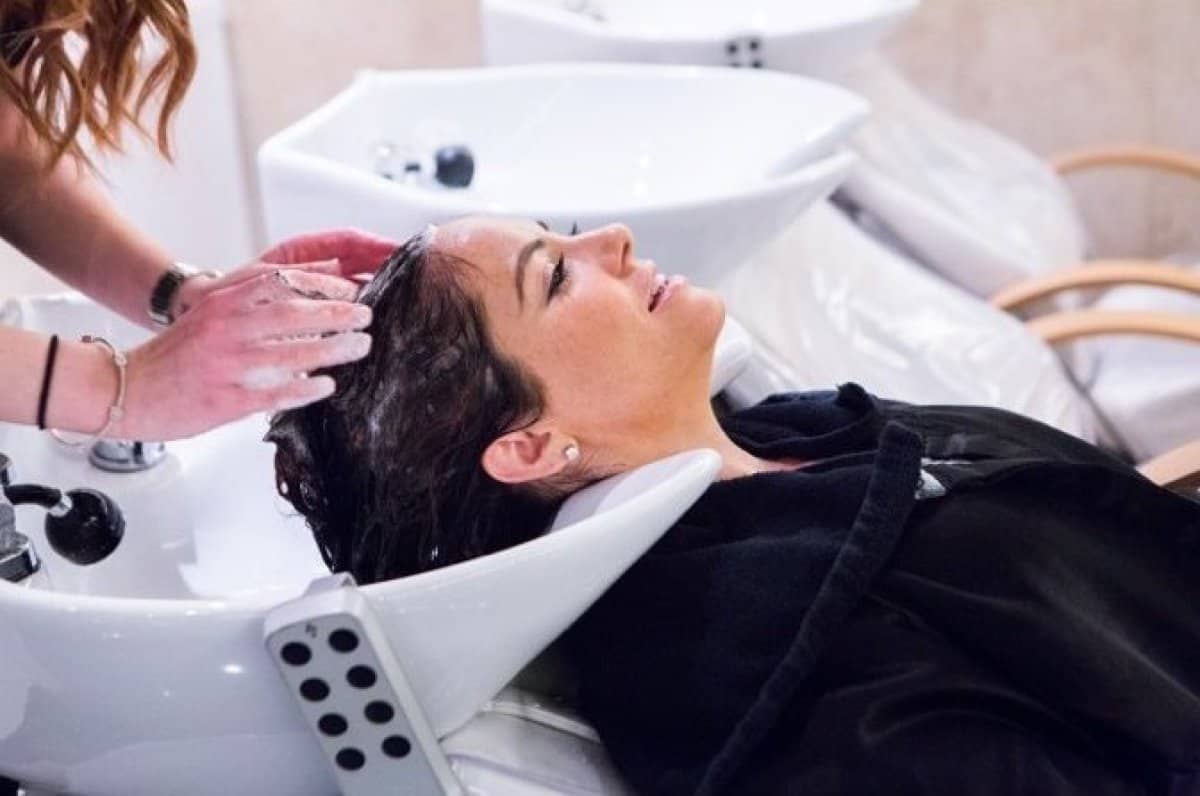
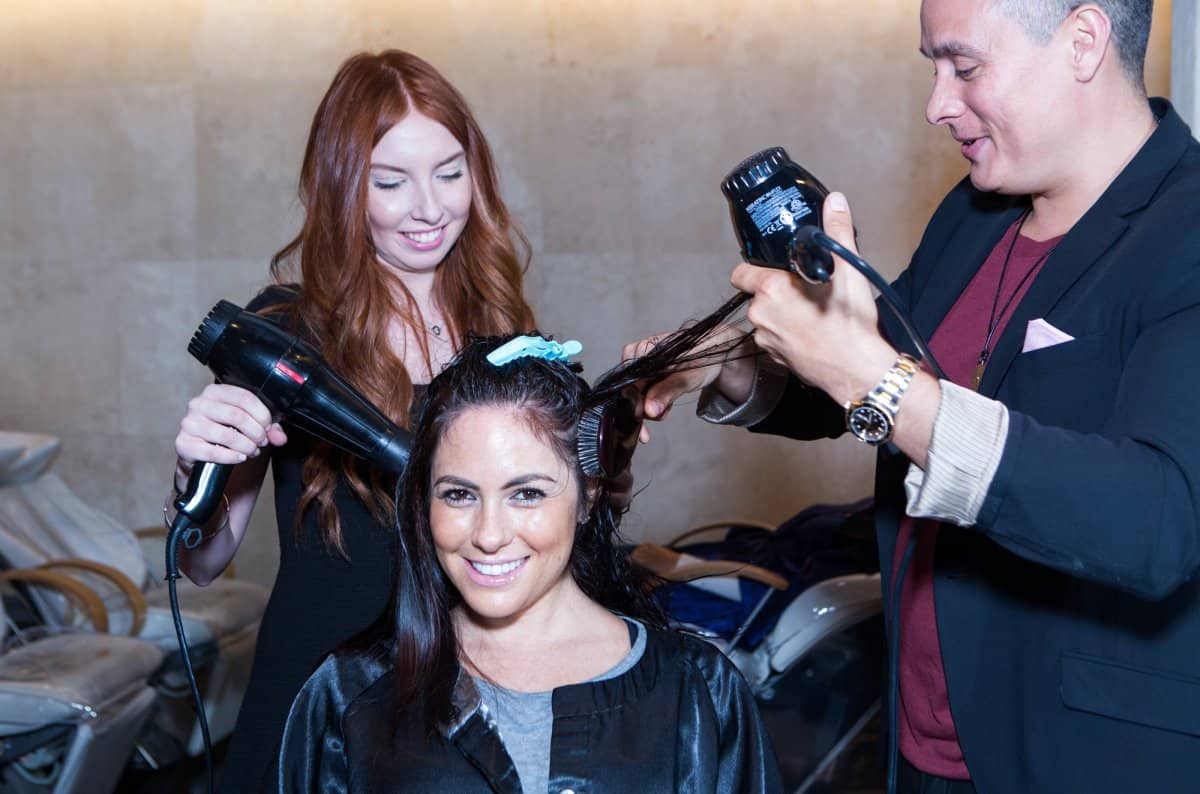
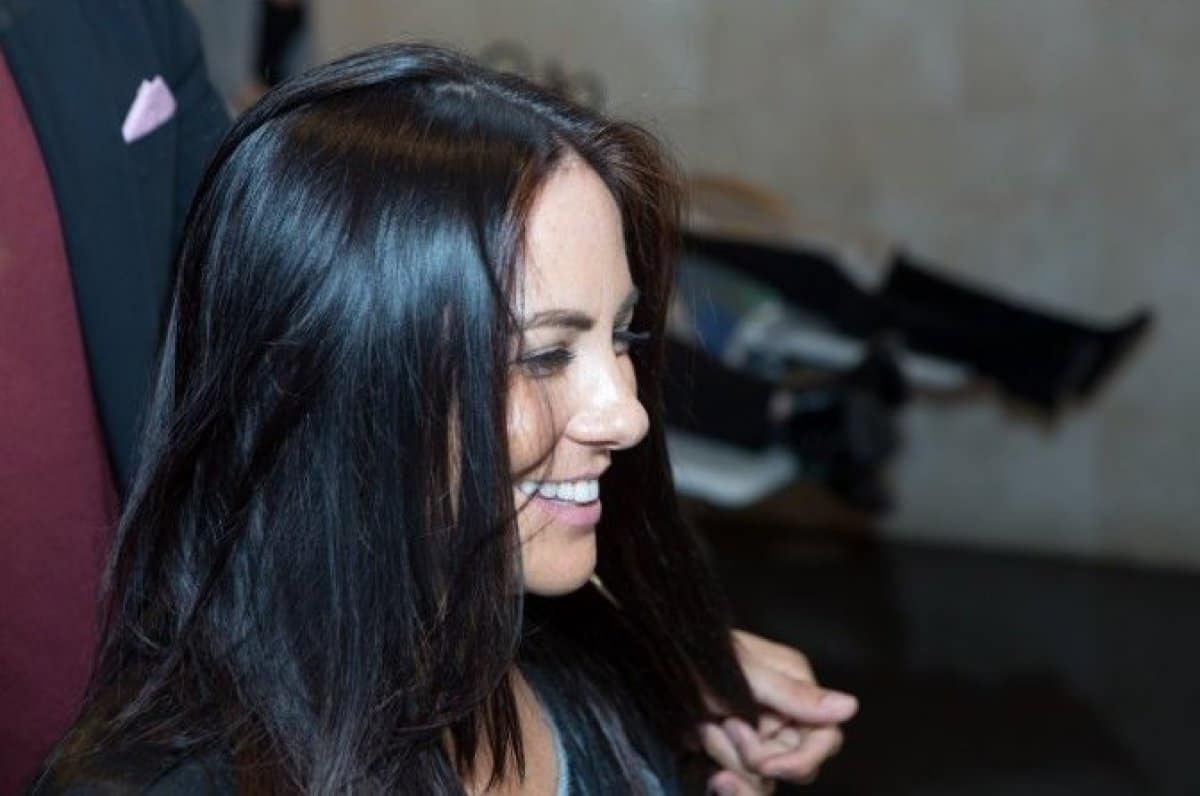
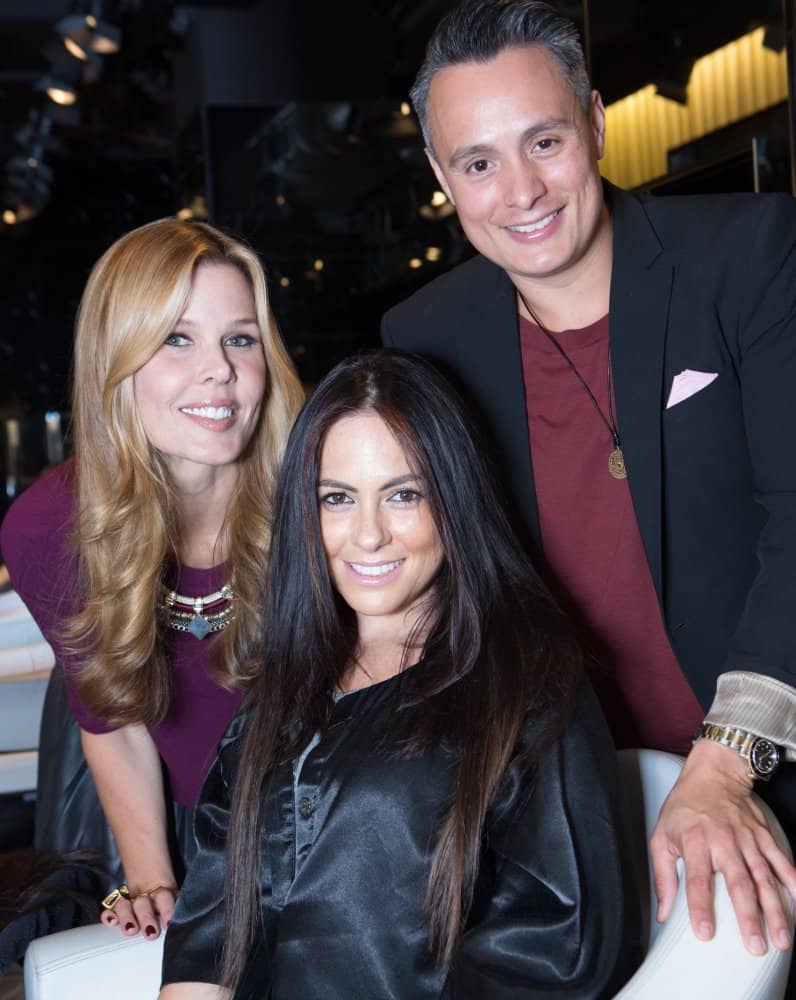
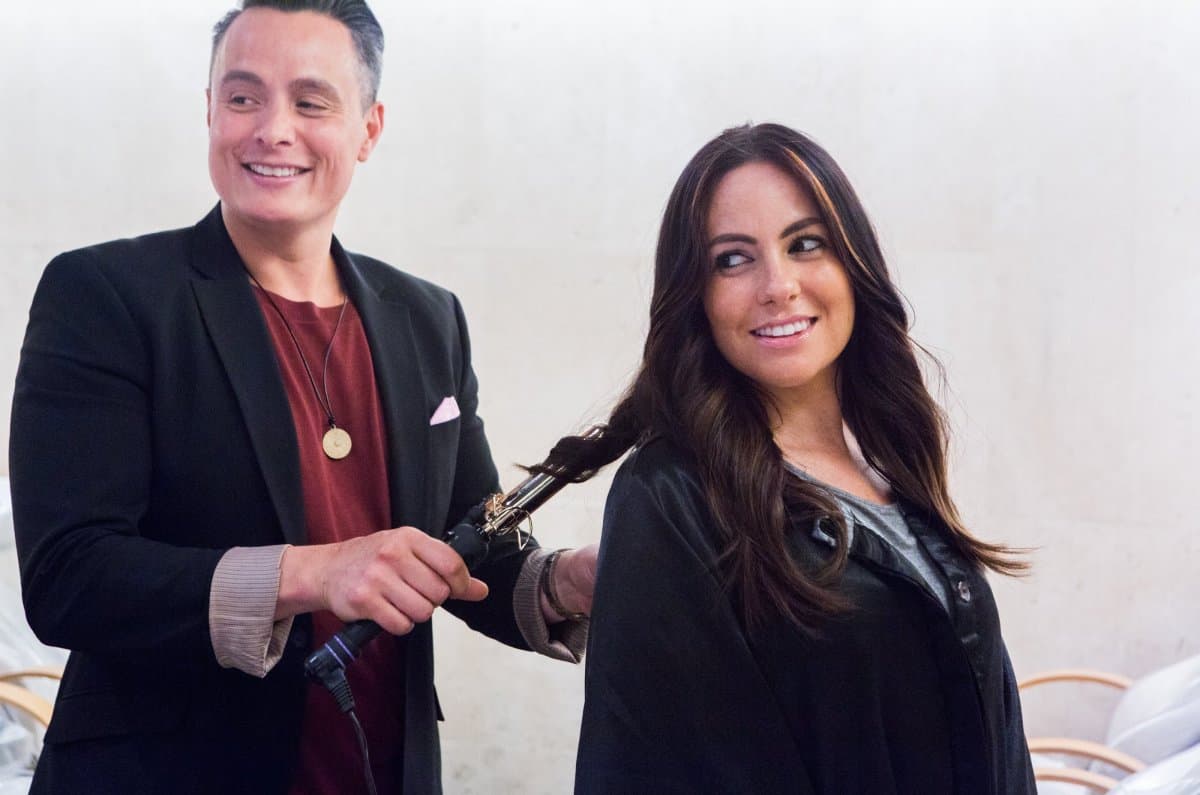
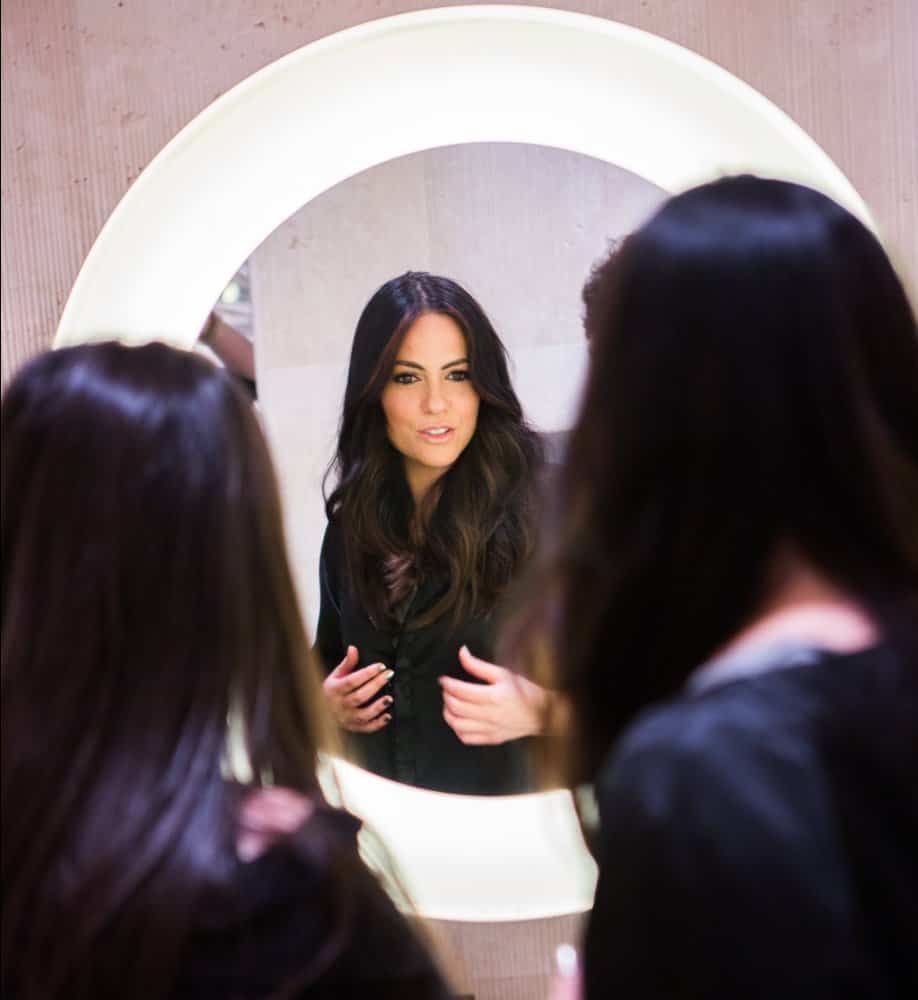
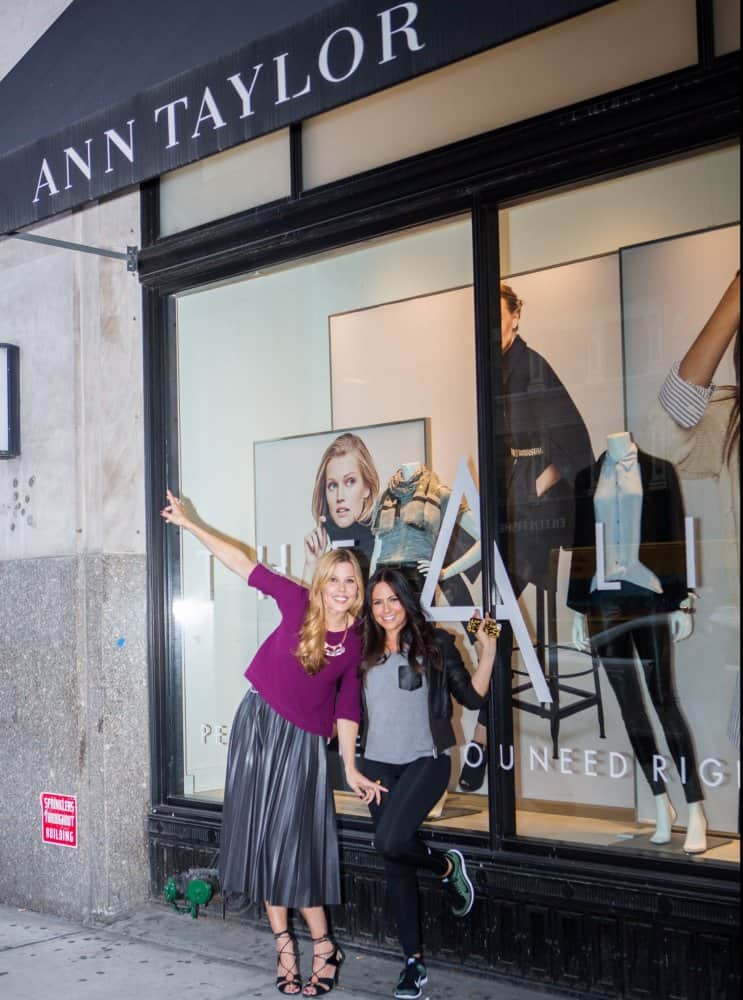
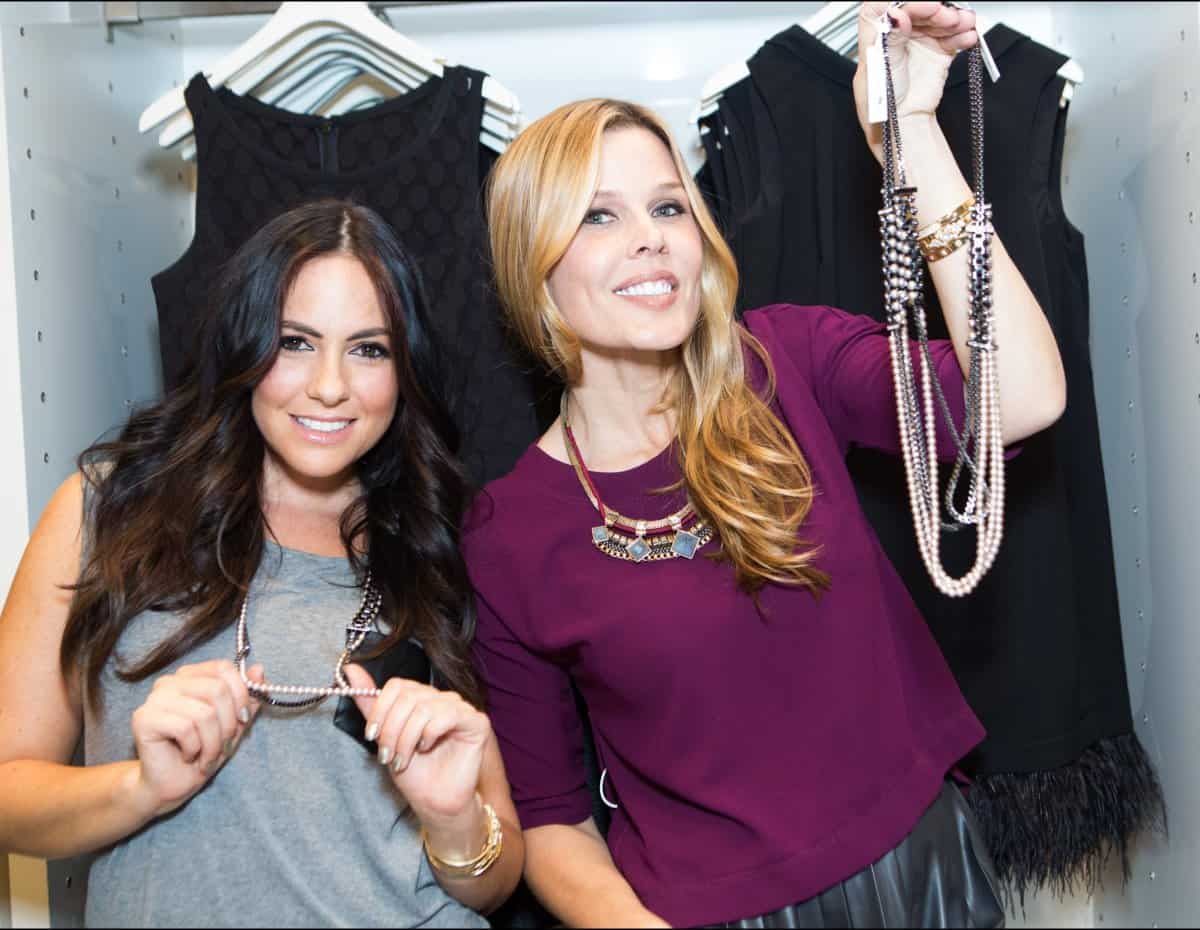
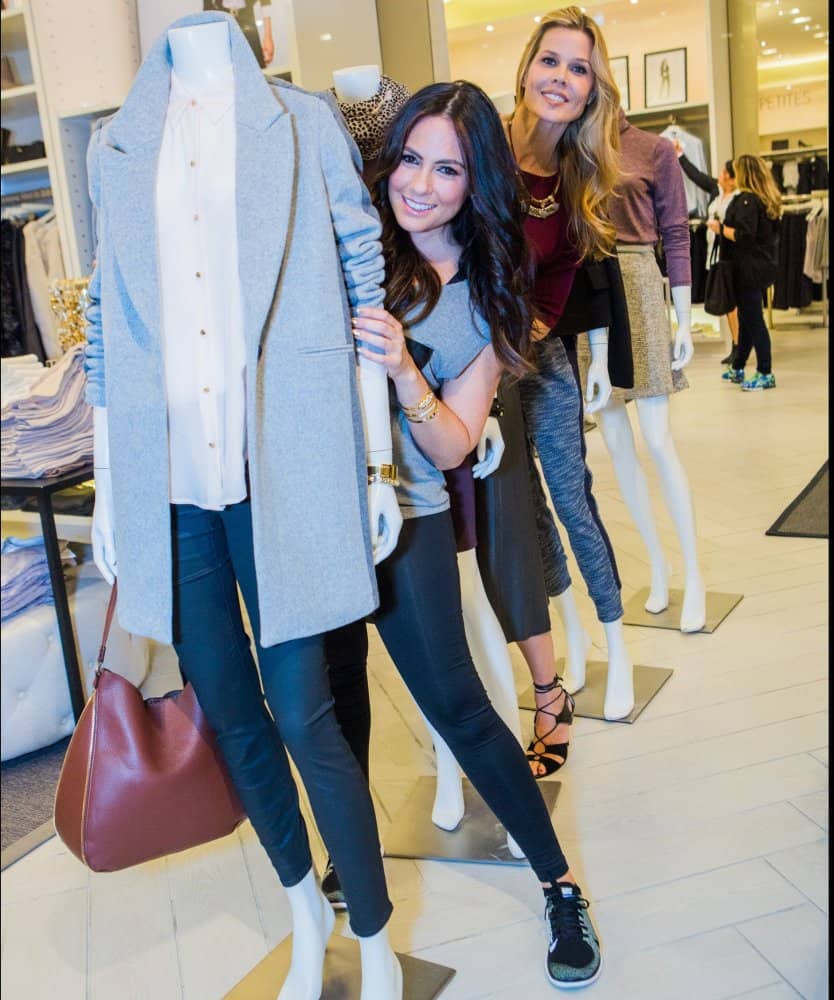
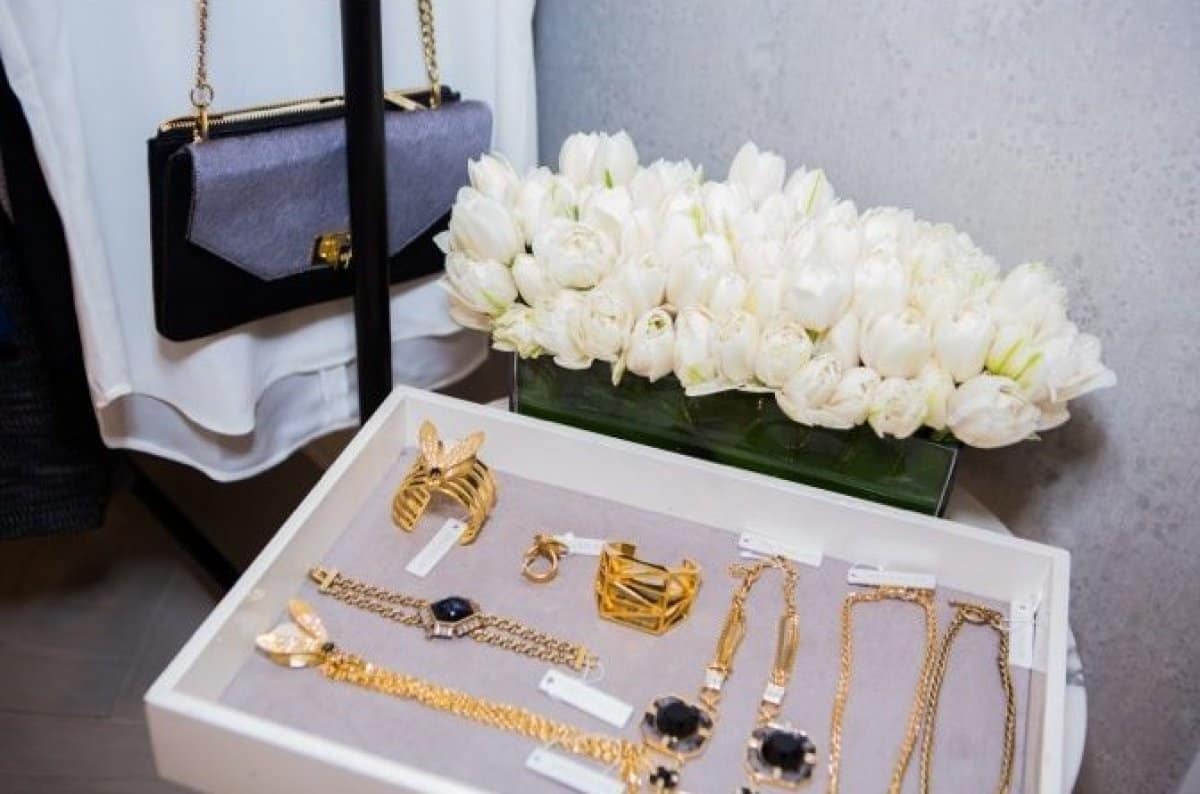
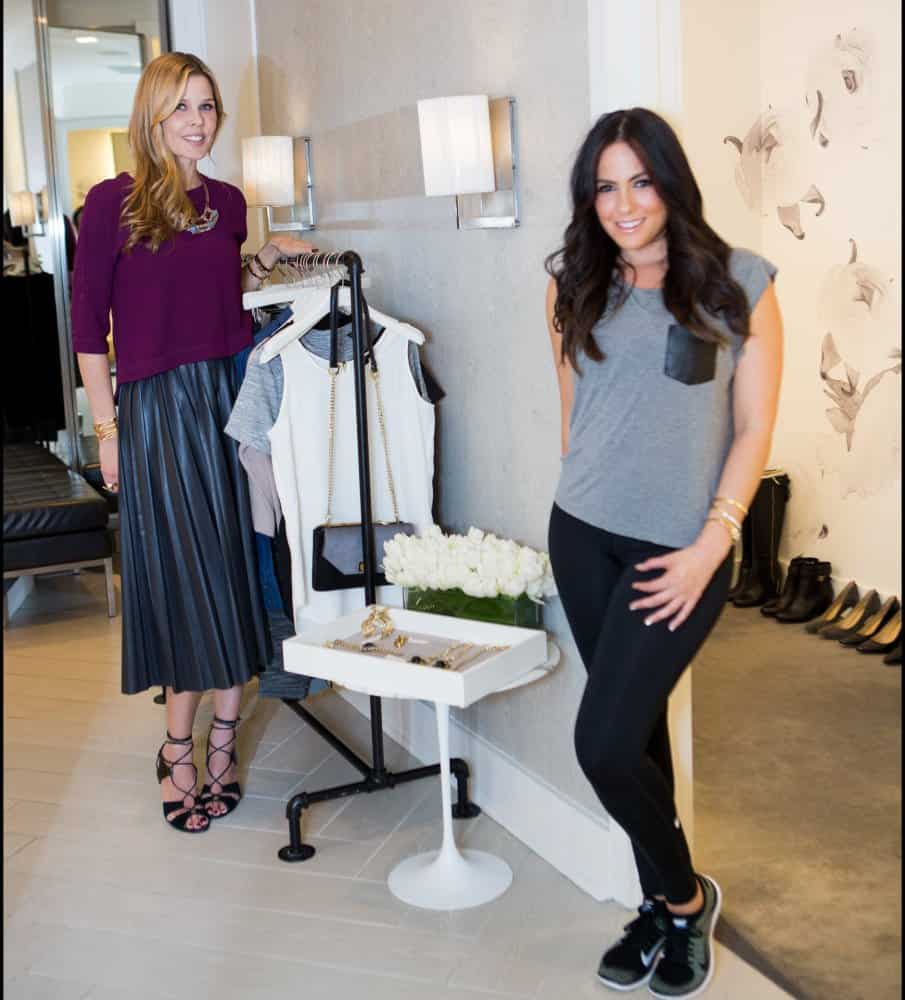
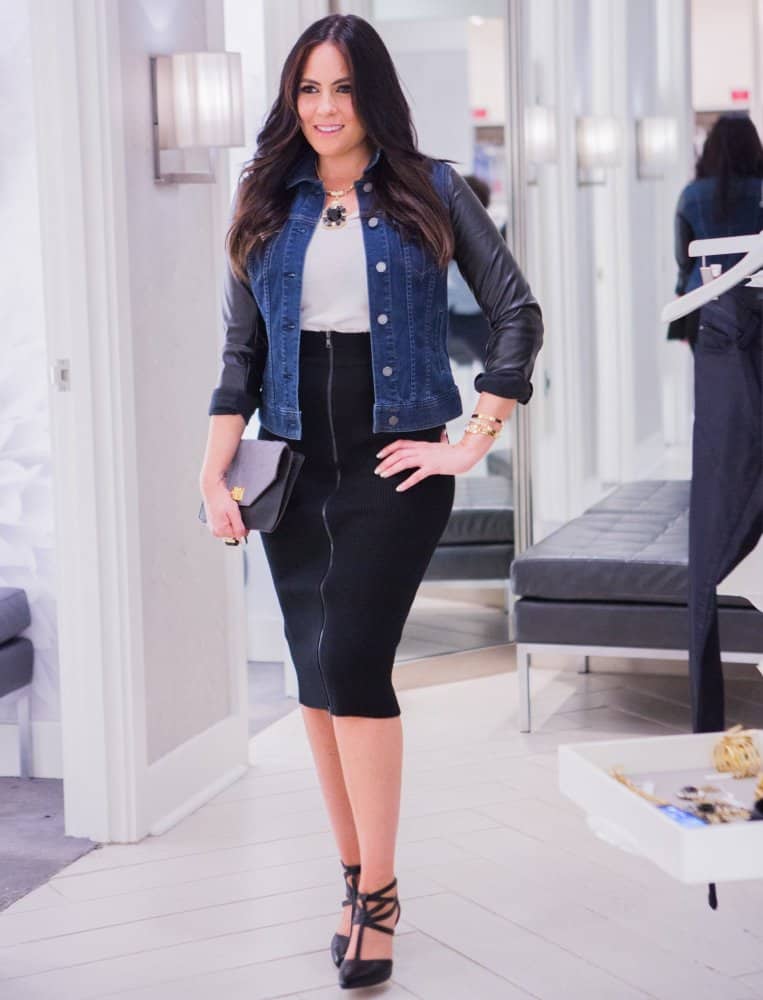
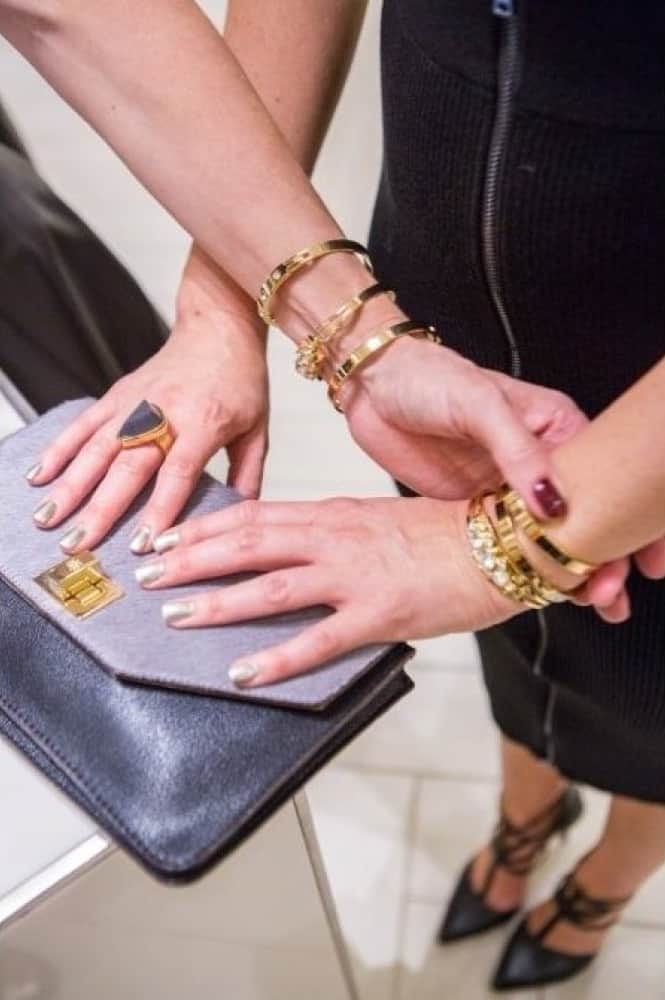
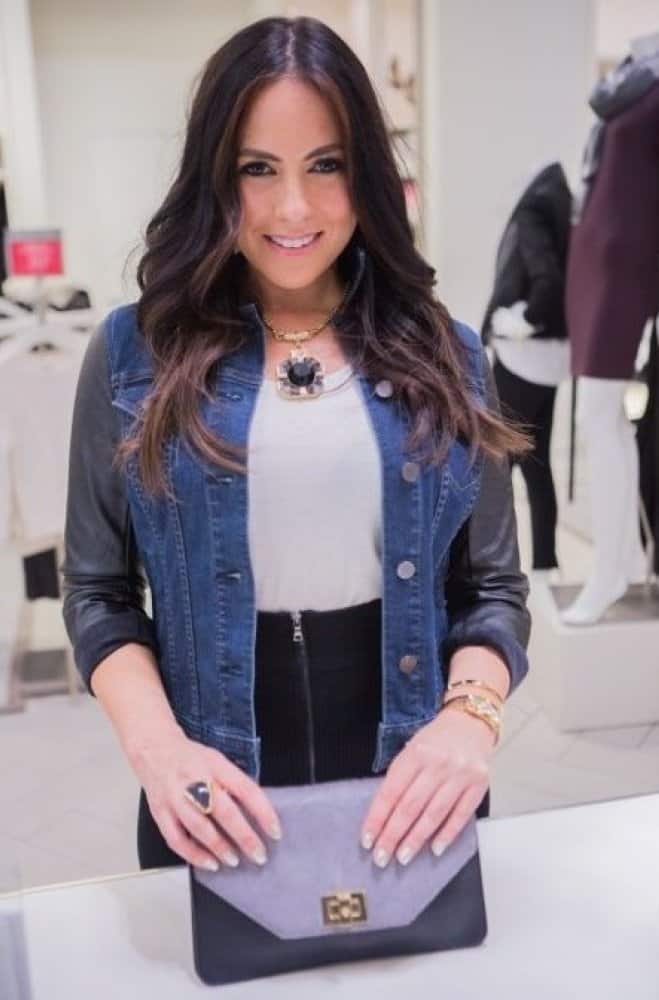
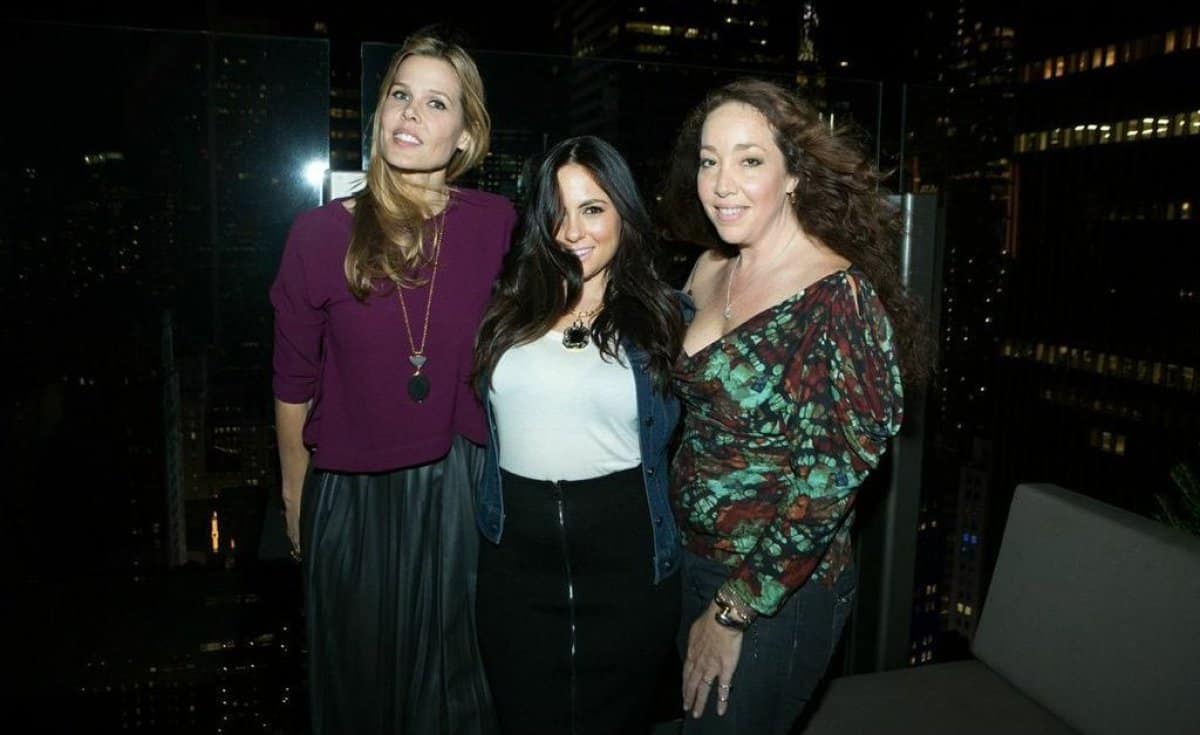


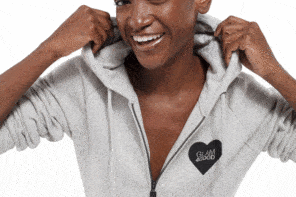

I’m now not sure the place you are getting your information, but good topic. I needs to spend some time finding out more or understanding more. Thanks for great info I was looking for this information for my mission.
i enjoy the read, keep-up the good work
just the piece of information i have been looking for